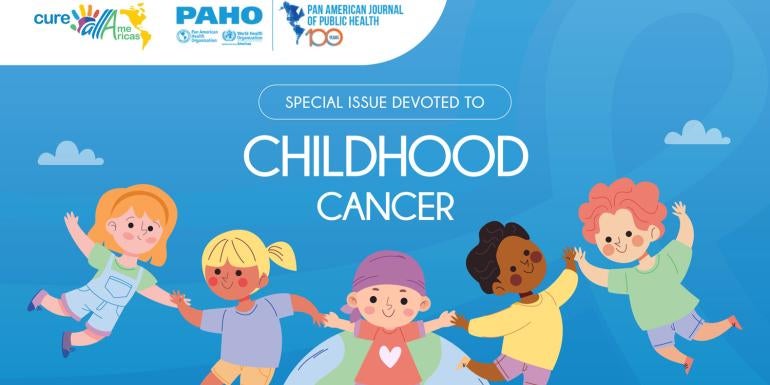
Acceda al sitio en español.
Each year, a significant number of children worldwide receive a diagnosis of cancer, with the majority of them residing in low and middle-income countries (LMICs) where access to affordable treatment is limited. The challenges in LMICs are complex, leading to frequent treatment failures due to issues such as delayed or missed diagnoses, incorrect diagnoses, unaffordable or prematurely discontinued treatments, treatment-related fatalities, and high cancer recurrence rates. Consequently, the survival rate for children with cancer in LMICs is considerably lower, approximately 20%, in contrast to the over 80% survival rate seen in high-income countries. To act on this inequity, in September 2018, the World Health Organization launched the Global Initiative for Childhood Cancer (GICC) with the goal of achieving at least 60% survival for children with cancer by 2030. If successfully implemented, it is estimated that an additional one million children with cancer could be saved over the next decade.
In Latin America and the Caribbean, it is estimated that at least 29 000 children under 19 years of age will develop cancer each year, and more than 10 000 children will die. Among the most important factors that contribute to poor survival from childhood cancer are mortality associated with infections and difficulty in accessing timely and quality treatment. There is a complex interplay of factors contributing to this profound inequality, rooted in weak health systems unable to meet the needs of children and their families and weak political prioritization of childhood cancer.
As part of the first 5 years since the launch of the GICC, we must reflect on the accomplishments and challenges in childhood cancer in the Region of the Americas and encourage all countries to move decisively towards full implementation of best practices in childhood cancer control, underpinned by a transformative vision for health equity. This special supplement on childhood cancer highlights the joint accomplishments of the Pan American Health Organization and the Member States and reminds us that there is still a long way to go to ensure full implementation of the WHO CureAll framework in the Americas.
The Pan American Journal of Public Health recognizes with appreciation the contributions of St. Jude Children´s Research Hospital, the members of the Editorial Committee, and the authors. Their dedication to this special issue on childhood cancer helped make the manuscripts more interesting, more accurate, and more useful to our readers and all others who work to improve the health of the children and adolescents of the Americas.
Webinar on childhood cancer (also in Spanish, Portuguese and French).
